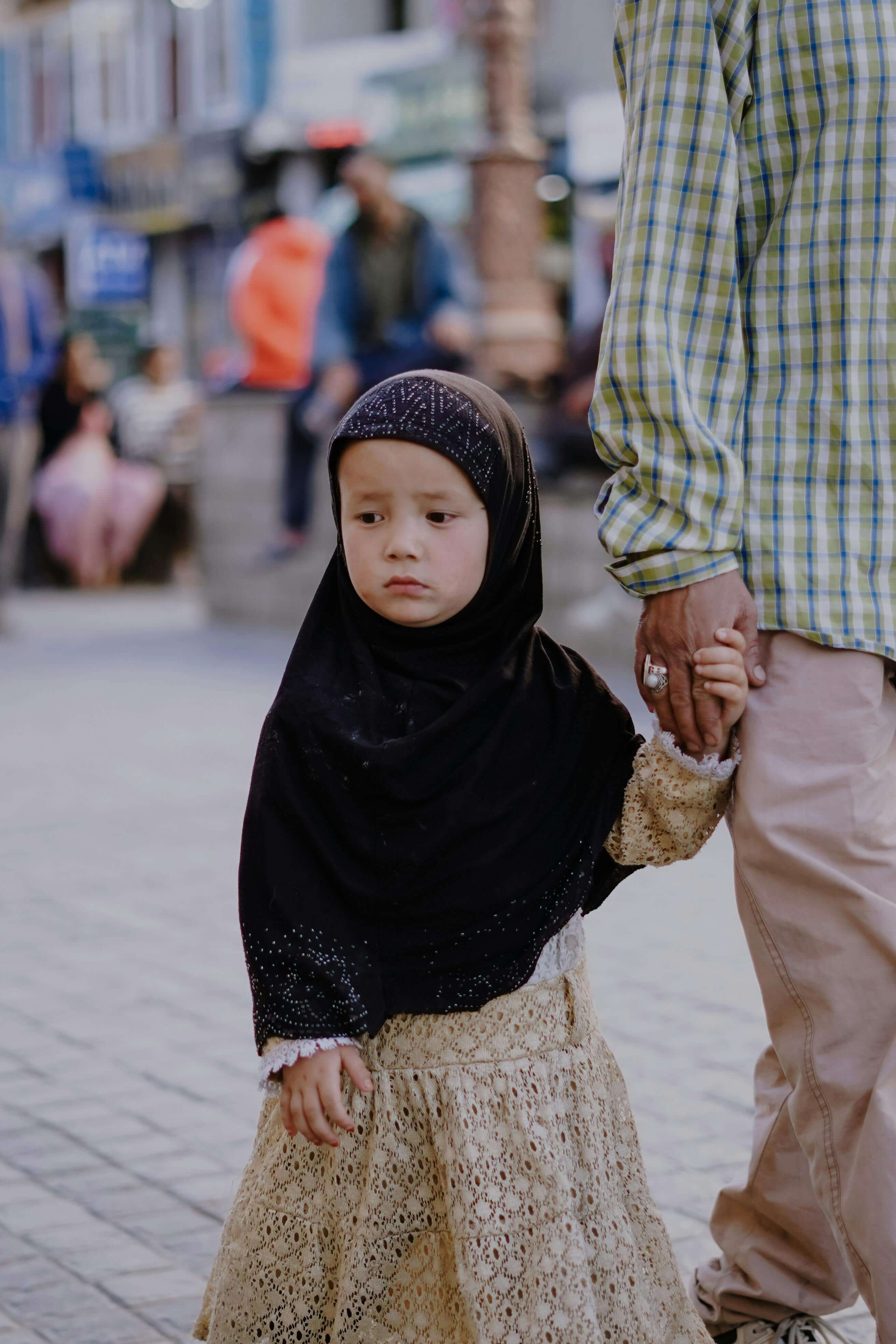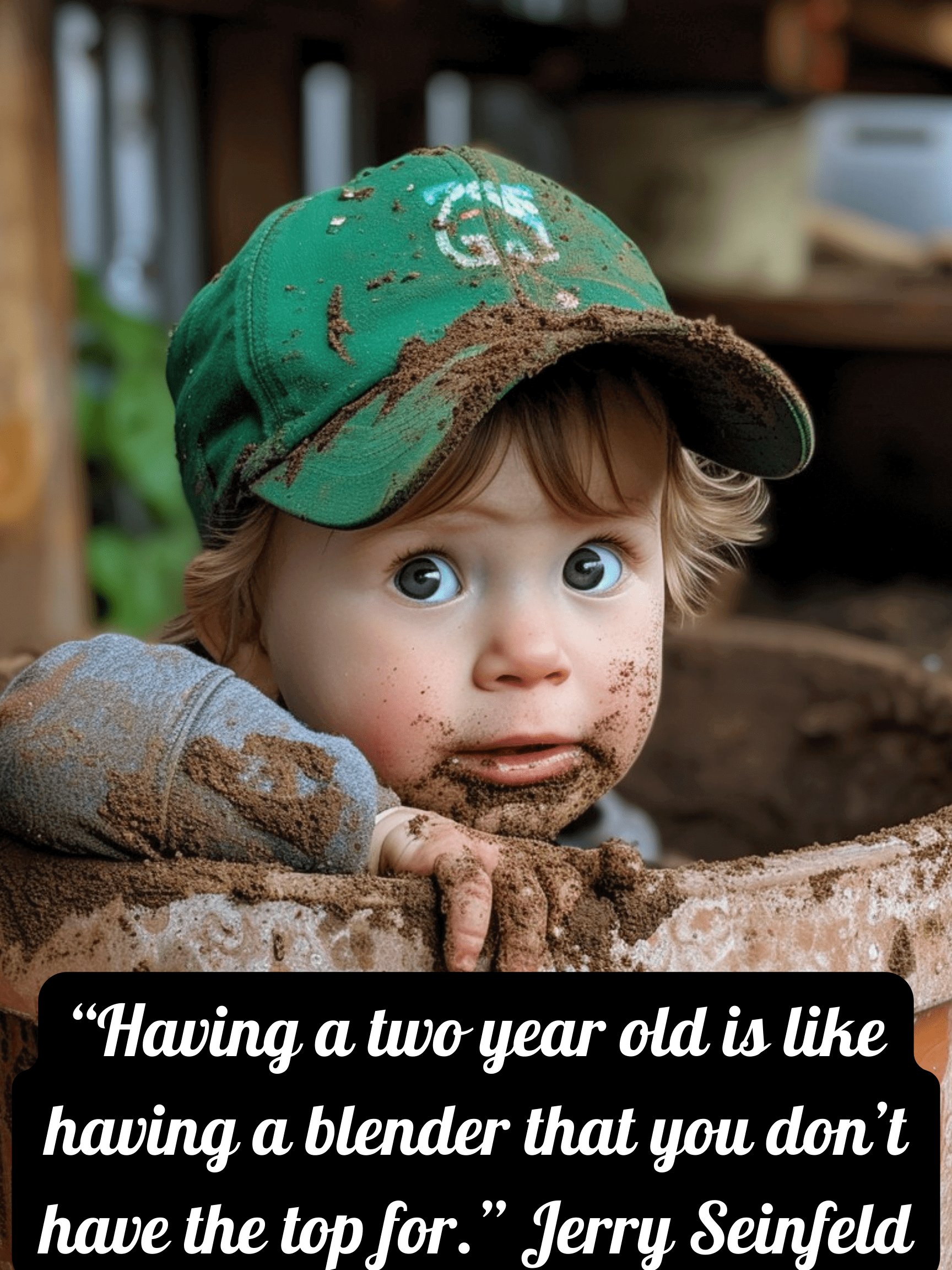Exploring Types of Discipline: No More Strict Discipline!
Oftentimes, knowing different types of discipline are important. They help your child to better understand responsible behaviour.
Instead of using strict discipline techniques like grounding kids or "because I said so," you could try any one of the following different approaches.
 Dad has his hand on sons shoulder and is talking to him. Boy doesn't like it though. ZaraMuzafarova @ DepositPhotos.com
Dad has his hand on sons shoulder and is talking to him. Boy doesn't like it though. ZaraMuzafarova @ DepositPhotos.comTypes of Discipline:
Positive Reinforcement:
Always praise and reward a behaviour that is wanted, that is, if you want your child to repeat said behaviour. Encourage it, even go as far as to celebrate them, maybe with a treat or physical reward.
Time-Out:
Take your child to a quiet space and give them time to calm down and think about what they’ve done. (You should go to a room where you can see them but they can't see you.)
Or try time-in which involves sitting with them and helping them to calm down.
Logical Consequences:
Use logical consequences which are related to the child’s actions, rather than punishment.
For example, if your child is refusing to clean up their toys after playtime, then they will lose the privilege of playing with the toys for a period of time.
This way they will understand the natural outcomes of their choices.
Setting Limits and Boundaries:
It’s important that children understand what is expected of them, that is the reason for establishing rules and boundaries.
By being consistent when setting these limits, you are helping your child to create a sense of security and structure.
Positive Discipline:
Positive discipline that focuses solely on teaching your child the right behaviour, rather than punishing them or being too strict. It stresses empathy, communication and problem-solving.
Redirection:
Guide your child toward a more appropriate behaviour or activity, and pretty much just ignore the negative behaviour.
You are letting them know that you are aware of what they are doing, but rather than continue in the direction of the unwanted behaviour, you gently steer them in a different direction.
Be a Role Model:
“Monkey See, Monkey Do.” Kids love to copy others, parents especially. Always try and use positive behaviour demonstrating empathy, patience and problem-solving skills in everyday interactions.
Eg. If you can, when having a loud discussion with your significant other, remove yourselves from the room. If they see that this is how you interact with others, they may copy what you are doing.
 Mom is sitting on the floor talking to little girl who has her hands over her eyes. Sashakhalabuzar @ DepositPhotos.com
Mom is sitting on the floor talking to little girl who has her hands over her eyes. Sashakhalabuzar @ DepositPhotos.comIt’s Not Always Necessary to Discipline
Certain types of discipline may be required in certain situations. However, there are times when a different approach is likely going to be more appropriate or effective.
Developmental Stage:
When your little one is still under the age of five, they are still developing their emotions and trying to understand the world around them.
It may seem that they are acting out and being defiant but in reality they are really just being curious and exploring their surroundings.
They just need a little positive reinforcement or redirection allowing them the opportunity to fulfill their curiosity.
Emotional Regulation:
Kids will experience many emotions, just like us adults do. The difference is they do not yet understand them, it's up to you to help them through this.
They may become frustrated or angry and they don’t know how to deal with or communicate these emotions.
If this is the case, focusing on empathy can help address the issue rather than using traditional discipline methods.
Individual Differences:
Every child has their own set of challenges, temperament and strengths, what works for one, may not for another. Same goes for discipline.
You want to consider your child’s personality and needs when looking to the most appropriate means of discipline.
Teaching Moments:
Not all unwanted behaviour needs to be followed with discipline. In some cases, the misbehaviour can result in a teaching moment for your child.
You should foster a sense of accountability and growth, while helping your child to understand the consequences of their actions and to learn from their mistakes.
Building Trust and Connection:
Different types of discipline should never diminish the parent-child relationship. You should have open communication with your child and show each other respect and trust.
When you are overly dependant on disciplinary techniques, you may lose your child’s trust and no longer have a parent-child bond.
 Dad and girl (looks sad) are walking hand in hand.
Dad and girl (looks sad) are walking hand in hand.Cultural Considerations:
Different cultures around the world have different disciplinary practices.
It’s important to understand and respect their way of thinking and beliefs on discipline.
Special Circumstances:
A child with neurodiversity conditions or who has disabilities will obviously require some unique approaches to discipline.
Understanding their specific needs is important for their development and well-being.
A Personal Experience
My cousin has a child with severe Autism. Most times he remembered me, but if I stayed away for too long, it was like the first time he had met me.
He was a smart boy though, loved watching the news/weather and would insist on watching the weather channel every day.
The one thing that he was best at was math, anything related to math, just ask him and he knew the answer.
His mom did a fantastic job raising him (she was a single mom). Raising him was quite different than raising her other 2 children. She had to take different approaches of parenting into account.
She attended a lot of workshops that offered different types of discipline and different ways of parenting children with neurodiversity conditions.
This way she was able to stay consistent with him, making his life a better one and now he is all grown up and is a very respectful adult with his own set of rules.
For instance, he is working at a grocery store and he has a rule that he cannot take more than 5 carts into the store at once. Even though he could take more, he is a very strong man.
It's slower, but his boss is extremely understanding.
Another rule he has is his break is 15min so he cannot go over that time. If someone is talking to him and the 15min has come to an end, he will say "excuse me" and simply walk out, he must get back to work.
In conclusion, different types of discipline can be implemented using various approaches, from positive reinforcement, to being a role model, to setting limits.
Discipline has and always will guide children towards responsible behaviour. It is important to know when a different approach may be more effective for your child.
By considering your child’s circumstances and understanding the different types of discipline, you can create a nurturing and supportive environment for your child.




























